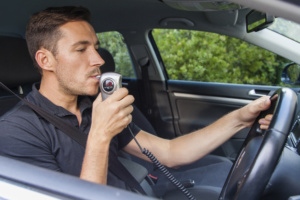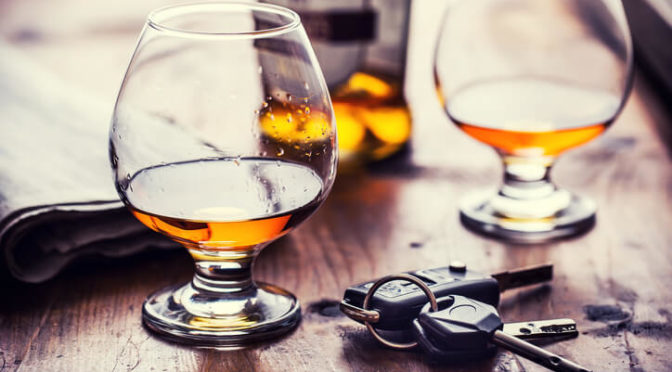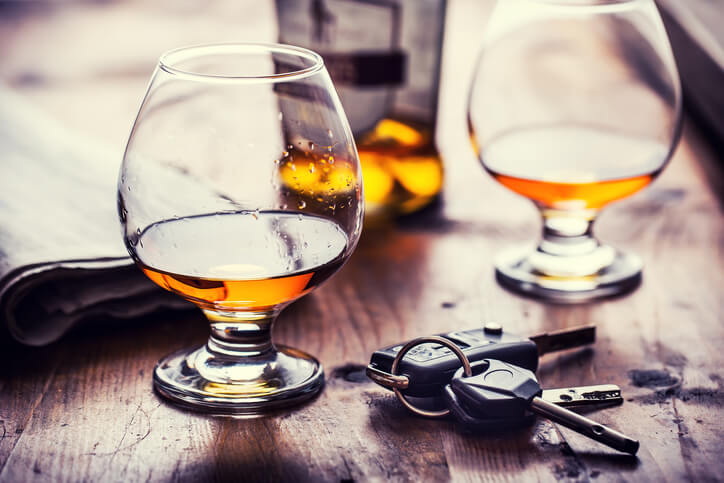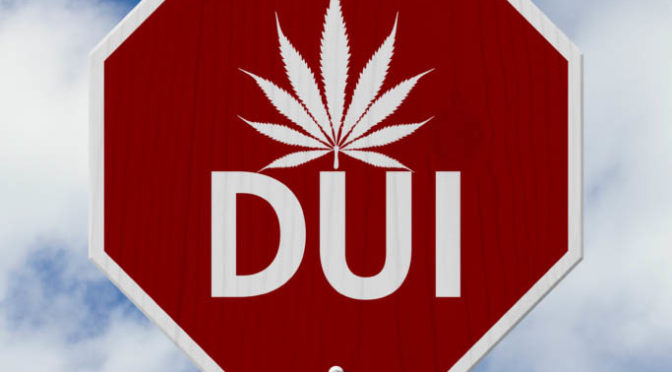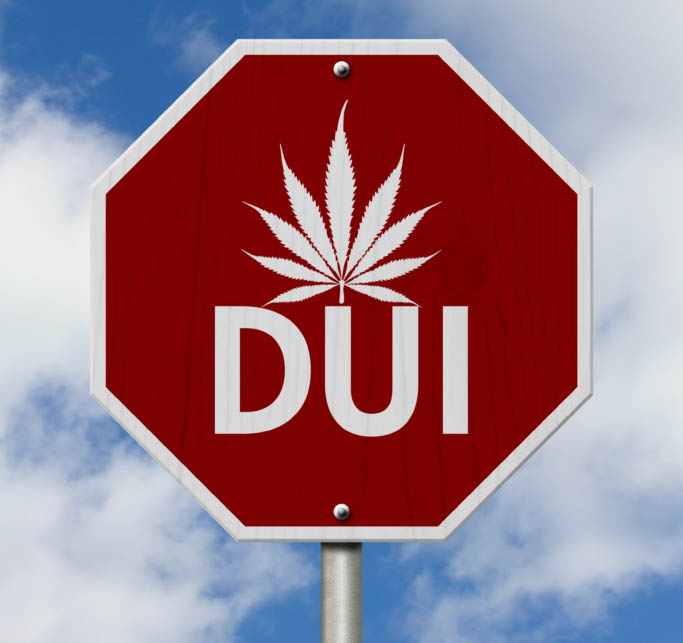When you’re looking for an attorney, most people consider an attorney’s track record, reputation, and other obvious statistics. But what about attorney conduct? Can an attorney’s conduct hurt your case?
In this article, learn about how your attorney’s conduct can affect your case. Hear from a judge’s point of view what things lawyers do that annoy judges and can hurt a case. Read about the consequences of an attorney who’s disrespectful courtroom behavior went over the line, and take a look at the attorney rules of professional conduct, so you can find a DUI attorney that meets and exceeds these rules.
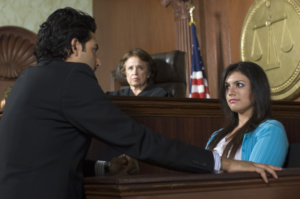
Attorney Conduct From a Judge’s Point of View
In 2012, the Honourable Justice Joseph W. Quinn presented a paper entitled A Judge’s View: Things Lawyers Do That Annoy Judges; Things They Do That Impress Judges.
The publication addresses 40 different things that lawyers do that annoy judges. Here are a few to be on the lookout for when hiring your attorney:
A Judge Hates It When…
- Attorneys try to assume the timeline of a case. It gives the impression that they’re in a rush and don’t value the court’s time. Just as important, an attorney needs to be punctual at all times.
- A lawyer is oblivious during courtroom procedure and protocol (i.e. not having documents prepared, not having their client answers the judge’s question, not adhering to the court’s recess schedule, etc.)
- Attorneys use “strong language” to make a point. Quinn cites specific words and turns of phrase that judges cannot stand, including: “ridiculous,” “that argument lacks merit,” or referring to other lawyers (or the judge) as “my friend.”
- A lawyer does not dress appropriately for the job. Professional appearance matters in the courtroom. Furthermore, Quinn states that image is important for the client, too.
- An attorney exhibits poor manners. Generally speaking, a lawyer should conduct themselves with dignity and poise. While in the courtroom, an attorney should act from a place of courtesy and respect. Good attorney conduct also includes civility – like never belittling someone else to make your point.
- A lawyer that does not speak clearly and slowly. Practicing law is an oral profession. While every attorney has a different style of speech, they should all understand how to adequately state facts to a courtroom. Cadence, knowing when to pause, and giving the judge time to take notes are good examples of this.
While this is strictly an editorial piece, Judge Quinn’s years of courtroom experience lend real insight into how an attorney should and shouldn’t behave. You can read the entirety of Judge Quinn’s opinion here.
When An Attorney’s Conduct Affects the Case
While emotions surrounding a case may be running high, unregulated emotion does not have a place in the courtroom. And, if an attorney does act from a place of emotion rather than a place of professional conduct, it can hurt your case and their career.
During a bankruptcy case in 2013, St. Louis lawyer Elbert Walton Jr. brought his emotions into court. While representing his client, Walton constantly interrupted and yelled at the judge. He was described as having an “obnoxious and disrespectful” demeanor throughout the trial.
Because of the way Walton conducted himself, he was fined, and his law license was suspended for 18 months. The consequences didn’t just hit Walton. Walton’s client was also fined for their lawyer’s misconduct.
Attorney Rules of Professional Conduct
The American Bar Association defines the Model Rules of Professional Conduct for lawyers. Lawyers should display competence, diligence, and communication with their client while maintaining the confidentiality of information and their duties to a prospective client.
When interacting with others involved in the case outside of the client, lawyers should always demonstrate truthfulness in their words, communicate with those represented by the counsel, and maintain respect for any third parties involved.
These characteristics are far from exhaustive, but it gives you an idea of the standards a lawyer must be held to. An attorney is a representative of the United States legal system and the law itself. They are personally vested in justice, and their conduct must reflect this honor.
You can review more about all of the attorney rules for professional conduct by clicking here.
Your Attorney’s Conduct Can Affect Your Case – Choose The Right One
If you’re looking for a DUI lawyer, look for someone who is respectful and knowledgeable. Look for a lawyer that values the dignity of their profession and will carry themselves in an appropriate manner. Your attorney’s professional conduct is important, and how they present themselves will affect the outcome of your case.
To learn more, or to find a DUI attorney, check out the resources provided by Leyba Defense.


